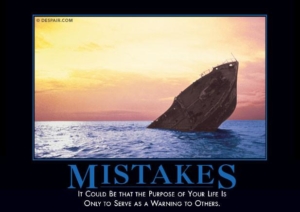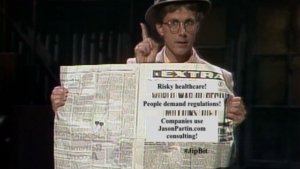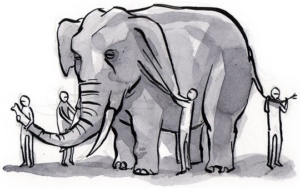Risk Management: learn from my mistakes
I describe that product in another article. This article helps you learn from my mistakes.

I describe that product in another article. This article helps you learn from my mistakes.

That sounds like a success, but years later I learned that our product caused pain and suffering for some patients and added useless healthcare costs to everyone.
In this article you can choose your adventure, choosing which you’d like to see addressed after 15 more years of experience in:

This article explains Risk / Benefit analysis and Risk Control methods using performances of Harry “The Hat” Anderson, a comedian, actor, and magician famous for visual humor.


In 1986 the space shuttle Challenger exploded, killing the crew and a high-school teacher that had trained with the astronauts. In this article, I travel back in time to reanalyze the Space Shuttle program using modern methods for Risk Management.
7 minute read.
Any company that wants to sell medical devices in the European Union must follow new EU Medical Device Regulations. These new regulations were motivated by EU citizens demanding safer healthcare. This article is the EU-MDR big picture with links to learn more. Read more

